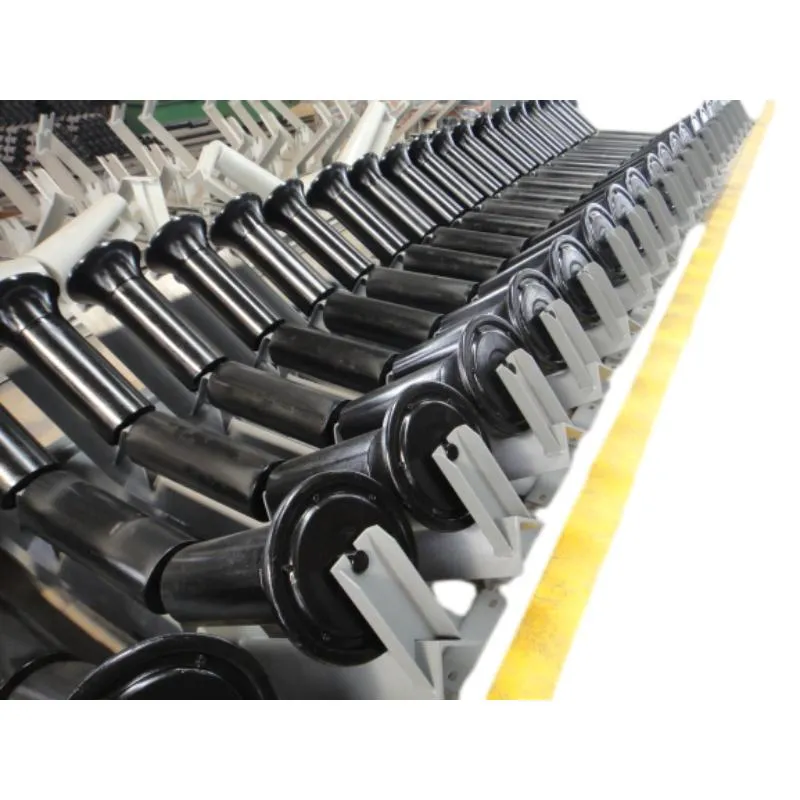 Afrikaans
Afrikaans  Albanian
Albanian  Amharic
Amharic  Arabic
Arabic  Armenian
Armenian  Azerbaijani
Azerbaijani  Basque
Basque  Belarusian
Belarusian  Bengali
Bengali  Bosnian
Bosnian  Bulgarian
Bulgarian  Catalan
Catalan  Cebuano
Cebuano  Corsican
Corsican  Croatian
Croatian  Czech
Czech  Danish
Danish  Dutch
Dutch  English
English  Esperanto
Esperanto  Estonian
Estonian  Finnish
Finnish  French
French  Frisian
Frisian  Galician
Galician  Georgian
Georgian  German
German  Greek
Greek  Gujarati
Gujarati  Haitian Creole
Haitian Creole  hausa
hausa  hawaiian
hawaiian  Hebrew
Hebrew  Hindi
Hindi  Miao
Miao  Hungarian
Hungarian  Icelandic
Icelandic  igbo
igbo  Indonesian
Indonesian  irish
irish  Italian
Italian  Japanese
Japanese  Javanese
Javanese  Kannada
Kannada  kazakh
kazakh  Khmer
Khmer  Rwandese
Rwandese  Korean
Korean  Kurdish
Kurdish  Kyrgyz
Kyrgyz  Lao
Lao  Latin
Latin  Latvian
Latvian  Lithuanian
Lithuanian  Luxembourgish
Luxembourgish  Macedonian
Macedonian  Malgashi
Malgashi  Malay
Malay  Malayalam
Malayalam  Maltese
Maltese  Maori
Maori  Marathi
Marathi  Mongolian
Mongolian  Myanmar
Myanmar  Nepali
Nepali  Norwegian
Norwegian  Norwegian
Norwegian  Occitan
Occitan  Pashto
Pashto  Persian
Persian  Polish
Polish  Portuguese
Portuguese  Punjabi
Punjabi  Romanian
Romanian  Russian
Russian  Samoan
Samoan  Scottish Gaelic
Scottish Gaelic  Serbian
Serbian  Sesotho
Sesotho  Shona
Shona  Sindhi
Sindhi  Sinhala
Sinhala  Slovak
Slovak  Slovenian
Slovenian  Somali
Somali  Spanish
Spanish  Sundanese
Sundanese  Swahili
Swahili  Swedish
Swedish  Tagalog
Tagalog  Tajik
Tajik  Tamil
Tamil  Tatar
Tatar  Telugu
Telugu  Thai
Thai  Turkish
Turkish  Turkmen
Turkmen  Ukrainian
Ukrainian  Urdu
Urdu  Uighur
Uighur  Uzbek
Uzbek  Vietnamese
Vietnamese  Welsh
Welsh  Bantu
Bantu  Yiddish
Yiddish  Yoruba
Yoruba  Zulu
Zulu Top Manufacturers of Conveyor Idlers for Efficient Material Handling Solutions
Conveyor Idler Manufacturers An Overview
In industrial settings, conveyor systems play a crucial role in enhancing efficiency and productivity. One of the most essential components of these systems is the conveyor idler, which supports and guides the conveyor belt during its operation. The importance of idlers cannot be overstated; they not only facilitate smooth and efficient material handling but also reduce wear and tear on the conveyor belt, ultimately extending its life and ensuring the overall effectiveness of the transportation system. This article aims to explore conveyor idler manufacturers, the types of idlers available, and the key considerations when selecting an idler for different applications.
Understanding Conveyor Idlers
Conveyor idlers are cylindrical rollers that are mounted on frames within the conveyor system. Their primary function is to support the weight of the conveyor belt and the materials being transported. The design and configuration of idlers are critical as they directly impact the conveyor's performance, as well as the efficiency of the operations surrounding it. The basic types of conveyor idlers include carrying idlers, return idlers, impact idlers, and side guide idlers, each serving a unique function.
1. Carrying Idlers Positioned along the belt's length, these idlers support the load while the belt is in motion. Their design is essential for maintaining proper belt tension and alignment.
2. Return Idlers Located at the return section of the conveyor, these idlers help guide the belt back to the loading point, ensuring it does not sag or misalign.
3. Impact Idlers Designed to absorb impact forces during loading, these idlers protect the belt and contribute to the longevity of both the idler and the belt itself.
4. Side Guide Idlers These idlers help keep the belt aligned within the trough, preventing it from drifting off-center.
The Role of Manufacturers
conveyor idler manufacturers

The quality and reliability of conveyor idlers are heavily influenced by the manufacturers who produce them. Established conveyor idler manufacturers focus on the following key aspects
- Material Quality High-quality materials such as steel and rubber are essential for ensuring the durability and longevity of idlers. Manufacturers often use specialized coatings or treatments to enhance resistance to wear, corrosion, and environmental factors.
- Innovative Design Leading manufacturers invest in research and development to create idlers that reduce energy consumption, minimize noise, and optimize load-bearing capabilities. Advanced designs may also incorporate features that simplify maintenance and reduce downtime.
- Customization Services Companies often require idlers tailored to specific operational needs. Reputable manufacturers provide customization options to accommodate varying load capacities, belt sizes, and environmental conditions.
- Testing and Quality Assurance Rigorous testing processes and quality control measures are crucial for ensuring the reliability and performance of conveyor idlers. Manufacturers must adhere to international standards to guarantee that their products can withstand the rigors of industrial use.
Why Choose Reputable Manufacturers
When selecting conveyor idlers, it is paramount to partner with reputable manufacturers who have a proven track record in the industry. High-quality idlers can lead to increased operational efficiency, reduced maintenance costs, and enhanced performance of the entire conveyor system. Customer reviews, case studies, and industry certifications can serve as useful indicators of a manufacturer's credibility and the quality of their products.
In conclusion, conveyor idlers are a vital component of conveyor systems, contributing significantly to the efficiency and reliability of material handling processes. Understanding the various types of idlers and the role of manufacturers in providing high-quality solutions is essential for businesses aiming to optimize their operations. By choosing reputable conveyor idler manufacturers, companies can ensure they invest in durable and efficient products that meet their specific needs, ultimately leading to improved productivity and reduced operational costs in the long run.
-
Revolutionizing Conveyor Reliability with Advanced Rubber Lagging PulleysNewsJul.22,2025
-
Powering Precision and Durability with Expert Manufacturers of Conveyor ComponentsNewsJul.22,2025
-
Optimizing Conveyor Systems with Advanced Conveyor AccessoriesNewsJul.22,2025
-
Maximize Conveyor Efficiency with Quality Conveyor Idler PulleysNewsJul.22,2025
-
Future-Proof Your Conveyor System with High-Performance Polyurethane RollerNewsJul.22,2025
-
Driving Efficiency Forward with Quality Idlers and RollersNewsJul.22,2025





























